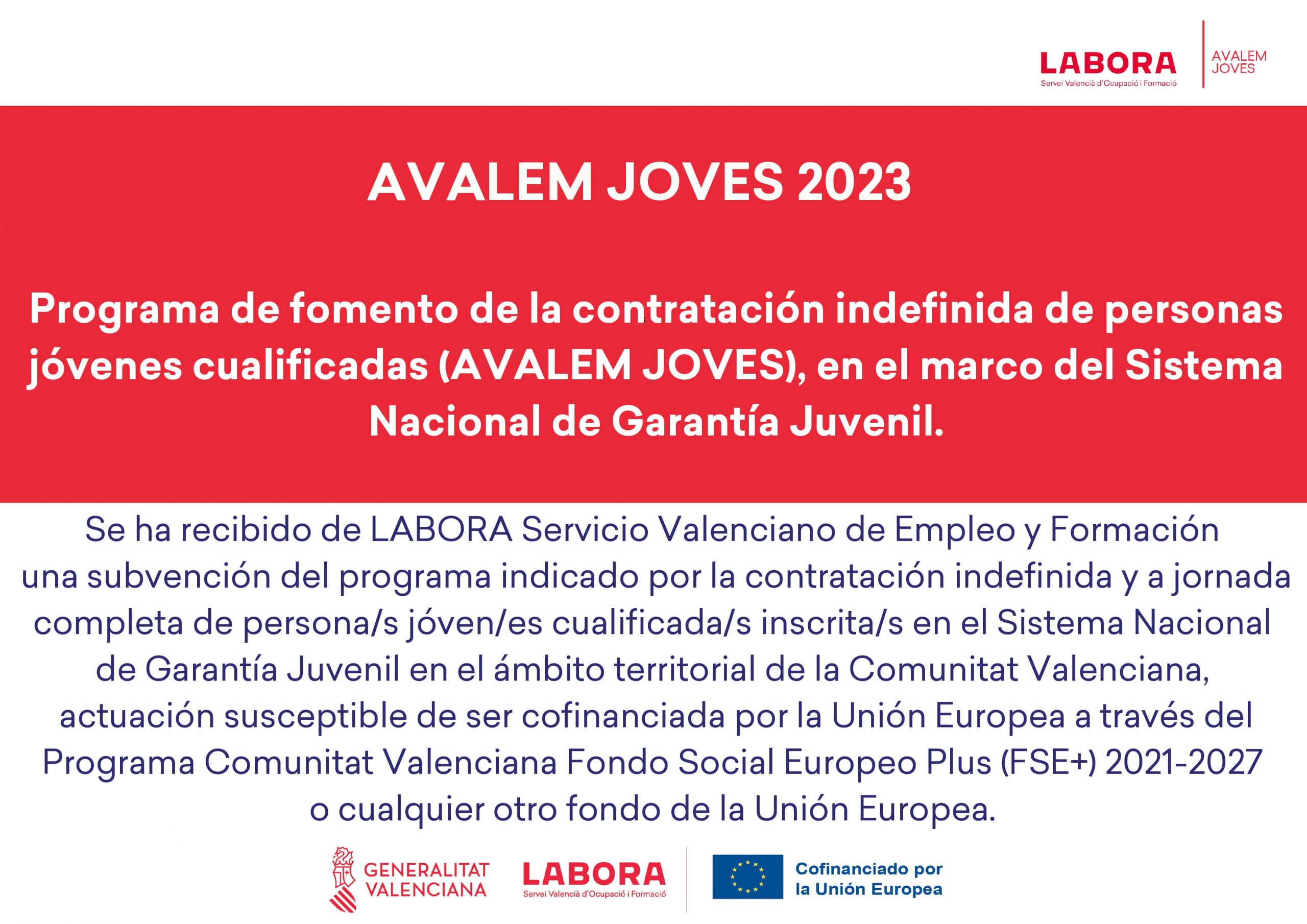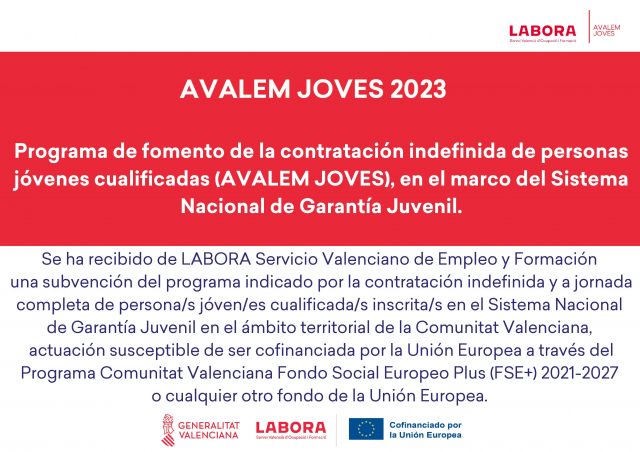- Recently you have published your book “Technological revolution and new economy: all financial secrets of Apple, Google, Facebook and Amazon”. Please tell us, where this idea came from? How was the process of research and analysis to study the economic and financial status of these big corporations?
It is simple for me. I have been teaching at the University of Barcelona for 40 years and every year I update my materials for the subjects I teach. One of the subjects is “Analysis of financial states” so I always try to find the companies that are at the forefront, although in the last 8 – 9 years I started using technological companies. I liked these companies, so I started looking into them, analyzing their financial states, researching how and what they were doing. At the end of the day, the book is not anything else but representing what I have been teaching in my classes lately, explaining their financial secrets and economic profile that characterizes these companies. Thanks to these references of the economic situation and the economy in general, I can explain how the world is changing, what these companies are seeing, what they are doing, what they are anticipating. In Europe we are a little behind the times and in Spain we are lost. For me the achievement resides in starting to write because I have had the idea, the structure and the materials for years, at least since 2011 or 2012 when I realized that the world was going in a different direction.
- In your book, you talk about this new disruptive economy that has changed not only our way of living and consuming but the way of conceiving the companies, their finances and their production processes. What is the difference between these technological companies and any other traditional industry company that have dominated the global economy during the last few centuries?
I would say these companies are innovative, so they are innovating every day. And we only see just a part of the innovation. These are companies that dedicate a large amount of resources to Research and Development. These are companies that choose a team with big talent and also with the liberty to evolve. These are companies that look for practical solutions for our lives in all aspects and in all scales. And most importantly, these companies focus on the core of their activity. From what is their core business they look how they can expand their activity and, without realizing and I believe not intentionally, they penetrate other sectors. In this way, at the end there is a symbiosis between service and industry, what we call “servindustry”. These companies look after the shareholders, pay them good dividends, they repurchase shares and they like the economic freedom. Also, companies have a brutal capacity to monetize their know-how. Therefore they know how to turn all their capacities into money and it implicates to know the world, be resilient, know where you are going to and, above all, they have a very clear strategy for the future.
- What lessons could and should Spanish companies learn to join the digital era with success?
In the first place, they should be at the forefront of all the progress, as the progress at the end of the day is what brings us success. Also they have to look up to other companies, companies that are never satisfied with what they have, that think out of the box and look for new business lines, that know how to invest, which is very important in general. Often the investments we make are not investments in knowledge or in technological capital. And this is the challenge of the future. These companies have very “light” operating accounts which means they do not have excessive expenses. The expenses they have are appropriate amount but they establish something important and it is the financial result. There must be results because that is what allows us to make money. And I do not mean it in a bad or harmful perspective but allows us to make money to pay a fair wage to people, to pay good to the shareholder, to have own resources which give us an important strength. These are companies that have a great concept for assets that is the liquidity. It should be pointed out that for some companies like Apple, at the moment 62% of their total assets is cash but 2 years ago it was the 72%. Therefore we are talking about companies that really are not interested in impossible projects but in effective business investments.
- However this technological revolution comes with a lot of challenges and risks for the business ecosystem and even for some countries. Which factors should they have in mind to be competitive and consolidate these new tech markets?
I think this is unstoppable. What is happening is that there is an inferiority complex in some European countries that they try to fight with fines, taxes and making their live impossible. The problem is that Europe has not progressed. This technological evolution and revolution has been lead by the United States and now by China and while these countries were moving forward, in Europe we were not doing anything. We have been watching them with no capacity to react. So I think countries are afraid now since these companies are gaining power and at the end of the day the real enemy are not the countries but the tech companies. I refer to current information that we receive from the media. There is a hunt against these companies, which will be dominating the world more and more with every day.
- As you know in Europe there is a debate around the so known “Google tax”, a tax for the digital giants. What, do you think, motivates some of the countries within the European Union to introduce these measures? How could this affect Spain?
Negatively. Because also we have to keep in mind that these “Google tax” will be paid by us, the consumers. Obviously the companies will include this tax in the final customer price and it will close the door for us for a market that is very important for Spain which is the export for the United States. Donald Trump and, in particular, the State Secretary of the Treasury Steve Mnuchin, sent recently a letter to several Internal Revenue ministers in Europe, as well as to our minister Montero, demanding to retract the plan for the “Google tax” with the threat to impose customs duty of 100% on Spanish goods. This means that the market closes completely for Spanish products – agriculture, industry, all types of products in a market that is very important and fundamental, not only because of quantity but because of quality.
- At present, we live in an era of “economic war” between the United Stated and China which, without a doubt, could destabilize global economy and even change its course. Is this aspect important for Spanish companies which are planning on expanding internationally in China?
China has one of the leading roles at the moment. I always try to explain it in a humorous or ironic way. They started installing the devices that the US invented, so the technological push came from North America. However China started learning and installing their own devices. Companies such as Huawei and many others are the example. Nevertheless, they have realized that the essence of the development is not only the technology itself but all the process and networks that make possible to transfer, utilize and provide technologies. The key in the future will be the networks. While China is already working on 5G networks, the US is getting behind and Europe is even further away in this process. Today they have a leading role and as soon as they start gaining more power, because they do have greater and greater economic influence, they will win positions globally. This will lead to an even more aggravated conflict between the US and China. Meanwhile in Europe, we are a little distracted. We are confronted with the Americans or Donald Trump has confronted Europe, and, on the other hand, we are reluctant of recognizing Chinese progress. But be careful because we all will be Chinese at the end! I mean that Chinese people come to Europe because they like it a lot and they will end up buying the continent.
- In every process of internationalization, it is crucial to adapt to new markets, local culture, tax systems or politics, among other factors. In general what are the differences between American, European and Asian markets?
The Asian culture is very different compared to ours. Within the cultures in Asia there are differences between the countries and their ceremonies, liturgies, diverse ways of negotiating. The North Americans know they are the leaders of the world, therefore this leadership is very important. At the moment the Unites States is the biggest force in economic terms which is why everyone should be on good terms with the US. I think this is the key factor. Europe is our world and right now we need a generation with a bigger drive. The next 6 months will be crucial, based on Angel Markel’s push. And then, there is this Europe, that truly, we do not know to what extent is the European Union, is not the European Union…giving the circumstances. This is why Europe has to reinvent its spirits.
- R & D is one of the foundations of a country to be competitive in terms of innovation. Which, do you think, is the perfect combination between public and private investments in R & D? Which are the sectors in Spain to invest in to make the most of our potential and strengths?
The R & D is crucial because countries that make the biggest efforts in Research and Development regarding the percentage of their GDP, are the countries at the forefront in innovation. On the top are the Unites States, China, South Korea, countries fromNorthern Europe… and then there is Spain that only invests 1,24% of the GDP in R & D. I think there is no cooperation between public and private sector in Spain. We have underestimated the investment in Research and Development and it is very detrimental, because I have always thought that, the investments in R & D of today are the future benefits, the benefits of tomorrow. Therefore we have renounced these benefits. It is important to highlight another consequence regarding the effort on R & D and it is the emigration of talented researchers. In Spain there is no suitable environment, a breeding ground to grow. I know some of the researchers that are currently working on Covid-19 vaccines. They are working within a network of public cooperation and their salary is about 1.200 euros which is almost the Minimum wage in Spain. These people, at the age of 27 or 28, that have a doctoral degree, receive offers from the United States so they can make the living they deserve, $90.000 – $100.000 a year. This is why here, we have a problem. It would be great if we changed our economic model. Now it is based on services with a low added value and we should go in a direction towards a high added value services. In the health system there has been a failure because of a shortage of resources but even in this situation Spanish doctors and researchers are leaders in the world. To mention a few examples there are a few Spanish specialists who direct studies on Covid-19 vaccine in the United States; the president of the American Oncology Society is Spanish; the president of the European Oncology Society is from Barcelona… So we have a great researchers who cannot find realization and they have to leave the country. This is an unresolved issue and there should be a total collaboration between the private and public sectors. But my question is, from a political point of view, if it is actually important to move forward on this matter. Of course, private corporations that have R & D department and have to develop new projects, often see themselves forced to move out of Spain and find new places to accomplish their goals. Spain is slowly getting behind and in the future we will be left even far behind.
- Giving the vertiginous rate of growth of this new disruptive economy, is Spanish educational system prepared to train high qualified specialists for this new tech era? If the answer is no, how do you think it should prepare?
I think the answer is yes and no. I say yes because I know we have university, training and scientific centers of highest level that, in some way, are creating talents for the big research centers around the world. However, we have a big problem regarding the training because we are not doing what we are supposed to. Unfortunately this issue has been politicized and our study plans have been modified according to each new government. And obviously this is the reason why the level is lower with exceptions such as the researchers. Also this year we have taken a dreadful step which is for students to all pass the year giving the circumstances. With this what I am saying is that if until now there was not a big effort, it will be even smaller in the future. At the end, insufficient training makes that, eventually, people will have lower income and it will decrease the productivity of the country. And unfortunately we are going this way. Therefore I think education and training should be left outside of any political issues. The politics are always harmful. And we have to look over to Germany, the United Kingdom and the United States, where there is a private educational system this is true, Finland, Denmark, Sweden, Norway, Austria. For example, in Germany and in Switzerland we can see that most of its students pursue a professional studies and not a university degree and the level of life and their per capita income is higher. I think we should keep in mind all of this.
- This technological revolution puts the focus on the digitalization, automation and the Artificial Intelligence processes in companies. How would this affect jobs?
I consider that some positions will disappear. First of all, people without skills will be left outside the market and, especially at this moment when there will be structural changes for some sectors, based on this crisis. For example, if I have not joined Zoom in march and other technologies that allow the digitalization and to stay in contact with the rest of the world, I would have been left outside as well. To begin with, not everybody in this country has a computer and a good Internet connection and the world is going in a direction that everyone needs to be prepared. So I would say there are 2 levels of preparation: the preparation of your knowledge – a degree, studies, specialization but then you have to add your technological skills. I am not an IT specialist but I try to manage myself. So we are about to enter a time when people should be highly qualified regarding digitalization, automation, Artificial Intelligence and it will gain more importance. And in Spain there is a problem because of lack of training in new technologies and we will pay for this in the future unlike other countries.
- Talking about the future and new horizons is related inevitably to talking about the COVID-19 crisis. What effects would it have on the economy and on Spanish companies?
I believe it will penalize us. 2020 will be a bad year in economic terms and 2021 will be hard as well. If we consider 2020 is the year of the big crash, 2021 will be an ordeal. In 2022 we will be in the purgatory and in 2023 we would start seeing the sky. This will cause changes in the way the world functions, in the way we work, for example “home office” will increase the productivity compare to working at the office, but in general, a lot of things will change.
A good example for a digitalization: previously my doctor had to give me a prescription and I had to collect it personally. But now, the doctor sends the prescription via e-mail or mobile phone, I go to the pharmacy, they scan it and it is all done. Therefore we will go through this profound changes from now on. I can read a book on a digital format or I can even listen to the book – an audio book. Everything is changing at an unimaginable pace. Now we can observe what happens to mobility. During a certain period of time people will be afraid to travel and this will affect the tourism and everything that requires a close personal contact. The social distancing could be very detrimental in services, since until now, the proximity has been a key element, like the driving force.
- The need to establish assistance for companies is getting clearer. Which do you consider would be the most convenient funding for businesses? Is there a country that could be a model for Spain?
I like the measures that the United States have adopted. I think that here, our government, has not helped on the level they should have to fight the consequences of this economic crisis. There are a lot of measures that should be taken, for example regarding productivity. To increase productivity in Spain we should improve the Human Capital, increase the investment in technology, reorganize the sectors that are the driving force. Other aspect is the unemployment rate. I think this month it will be the highest in Europe, surpassing Greece. Also we have a problem with short-term employment that we have to solve. Other aspect that we have to give priority to is the aging of people, that has a negative effect not only on productivity but on vulnerability before a virus just like the one we have at the moment. It is good to give people a Minimal Income allowance but what we really have to do is give people tools. Also we have to look towards a green economy, a more sustainable economy. And all this will present a lot of challenges. The world as we know it will change, the situation will probably aggravate after the COVID – 19 crisis and will decrease the globalization and emphasize on the digitalization process. At the end, we need to have a prepared public financial system and right now it has been compromised. All these factors determine the changes and structural reorganization Spain has to overcome.
- For the upcoming future there is a debate over the rebuilding the country, restructuring the industry and the possibility of refocusing the strategy to services with high added value (related or not to fabrication). What is your opinion on this matter? What is the role of new technologies in this process?
The bases for the reconstruction of the economy, in first place, should be the health system. We have to prepare what I call the “sanitary wall” to protect us from pandemics and even if they come, our health system could act as a defense wall, so in this way the pandemic would not affect, as it has this time unfortunately the normal economic activity. I think we should be inspired by those plans for economic and industrial development after the Franco regime, lead by Laureano Lopez Rodo or Fabian Estape, that in conclusion ended up in the industrialization of Spain. Now that we have left aside the industry it only represents 11% of the national GDP, we should think in reindustrialize the country and, most of all, take advantage of the opportunity to technify our economy, our industry. Today the industry is not the one with 2.000 workers. It is an industry with lower number of workers who have higher qualification, with robots, with automation… and this will be the industry to be introduced all across territories called “deserted Spain”. Also we have to create suitable benefit from the universities around the whole Spanish territory.
When we talk about industry, we merely talk about the industry as a sector, but we also should talk about another very important industry such as the agri-food, which leads us to the primary sector, a sector that has been fundamental in this hard times we have gone through. All of this goes by the hands of Research and Development, universities, ecological transition, digital transformation and what we need for these ideas is to be executed and implemented. We do not have enough drive, we do not have enough tech specialists to lead what is supposed to be our new economy because otherwise we will drown in these stormy waters.
- Another challenge in the future is the climate crisis for which there would be necessary a big scale transformations in practically every aspect of our life. What could the corporate sector do to face this crisis?
Right now it is a key moment to make the most of this structural transformation in favor of the ecological transition. This is a relevant and favorable moment. The structural transformation go by supporting this transition to what should be a much more sustainable economy. Renewable energy, pure energy, clean energy and so we introduce the chapter of green finances meaning to support financially through financial organizations, banks, state aid programs, to what should be green and clean investments. This must be one of the challenges.
- You have dedicated a big part of your professional trajectory teaching and working to inform on economy and finances. Do you consider there is a good financial culture in our country?
We have built some financial culture but we need to have more models in finances and economy. However the question is that not everybody should be an expert in finances. I am not an expert in engineering or architecture, so if necessary at the time, I will consult an engineer or an architect. But it is also important that people have some basic knowledge since it helps to make decisions and to know what to look forward to. This is something taught in some basic studies or some people take “comfortable” studies in Economics and from there each one goes in a different direction, but has a bit of an idea of everything.
- Finally, what requirements does a country or region has to meet to be attractive and for tech companies to be interested in investing and operating at their territory?
Have the capacity to seduce, have the capacity to attract, be a friend of everybody, prove empathy, provide all kinds of privileges… some of the models are Ireland, Luxembourg, other countries in Northern Europe, the United States. So we have to do exactly the opposite that has been done in Spain, this is simply a summarize suggestion. Because when someone lands here all there is in front of them is obstacles and impediments. Entrepreneurs get angry, desperate and frustrated so they choose to close up their businesses or move them to different locations. Also if we add that here it does not exist a unique market but 17 different markets and each autonomous community desire to have their own share of power and regulation, well obviously Spain is not attractive for any multinational company. And to say the least, Nissan is leaving Catalunya because their are leaving Spain… so either we change the dynamic here or we really will be sunk in misery.












